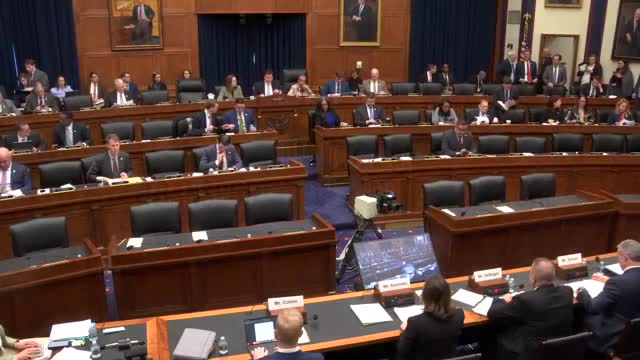Article not found
This article is no longer available. But don't worry—we've gathered other articles that discuss the same topic.
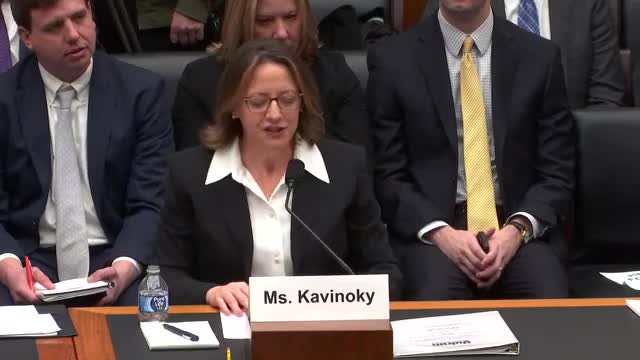
Materials producers urge Congress to preserve aggregates exemption to Build America, Buy America; recounts of Mexican expropriation raised
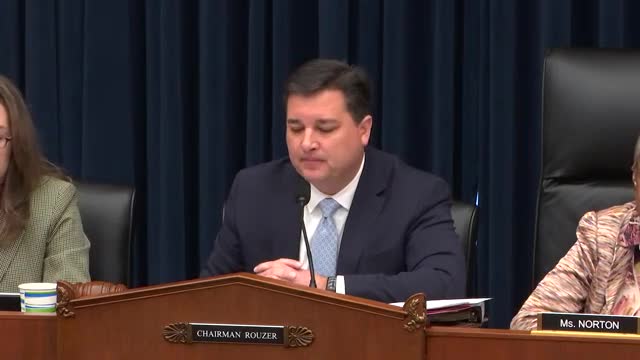
Trucking executives highlight driver shortage, equipment taxes, truck parking and cargo theft as top barriers
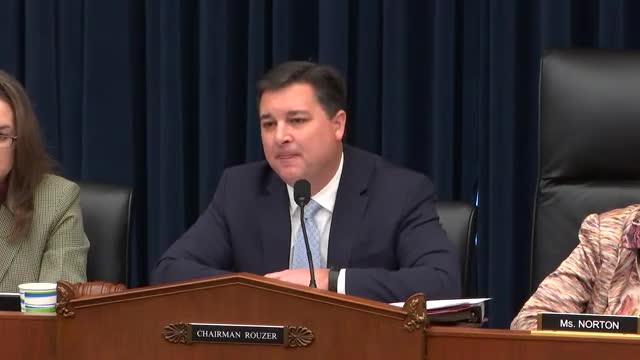
Members press need to speed NEPA and permitting to lower costs and deliver projects faster
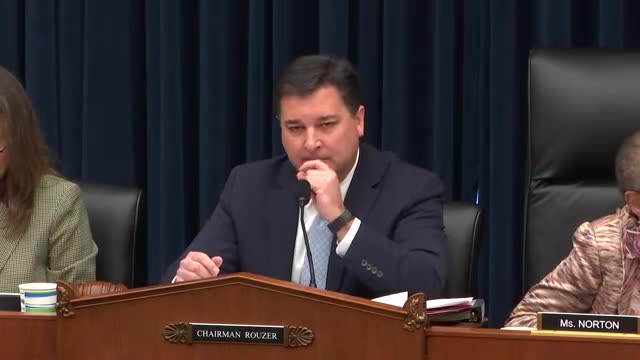
Witnesses tell subcommittee discretionary grants are slow; states rely on formula dollars to deliver projects
